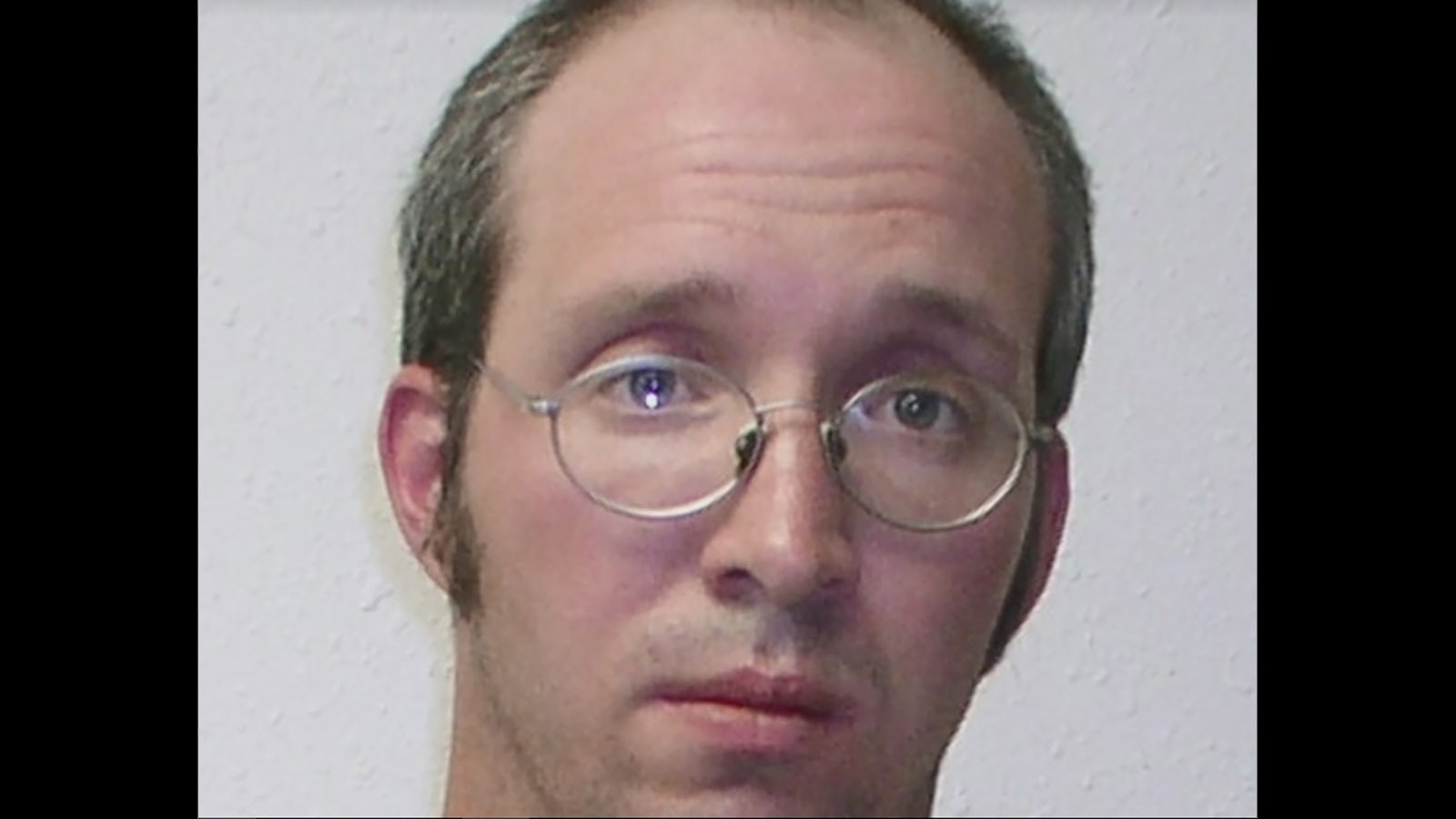A Wyoming district court judge has declined to reopen the case of a man serving life in prison for the murder and attempted rape of a female prison nurse.
A trial jury in 2006 convicted Floyd DeWayne Grady, now 47, of first-degree murder and attempted rape after reviewing evidence linking Grady with the naked, strangled and beaten dead body of Tammy Watts, a prison nurse at the Wyoming Honor Farm in Riverton.
Grady was an inmate at the farm at the time of the murder nearly two decades ago.
On Tuesday, the Teton County District Court ruled against Grady’s motion to reopen his case to perform further DNA and fingerprint testing on evidence from his case, saying Grady doesn’t have enough proof to merit the exercise. It also ruled that much of the evidence is now scientifically un-testable, and Grady doesn’t get to perform DNA testing now on some of the items that he avoided testing during his original prosecution.
“These are just a few examples of the defendant simply wishing for a do-over,” wrote District Court Judge Jason Conder in his order.
Bloody Scene: 2004
Watts arrived at her nursing job before 6 a.m. the morning of April 15, 2004.
About 15 minutes later, she was found dead and naked with her legs splayed in a pool of blood on the floor of the prison dental office. She had been strangled with an electrical cord and had suffered blunt traumatic injuries to her face and head, as well as brain bruising, court documents state.
A witness had seen Grady in the area before Watts arrived that morning. Witnesses also said Grady often would wait outside her work area before her arrival.
A few minutes after 6 a.m., he was seen again outside the building’s entrance, this time “hurried, sweaty and pale” with blood on his nose, court documents relate.
Authorities found Watts’ blood on his state-issued blue nylon jacket, which he was seen wearing shortly after the murder and which was later found in his room.
They also found her DNA on his right-handed leather glove, which was recovered from a nearby ditch. They found both Watts’ and Grady’s DNA on the left-handed glove, and Grady’s DNA on Watts’ breasts.
Grady’s fingerprints were found on the dental chair that was next to Watts’ body, the documents note.
It was later found that Grady had been to the medical office 10 times that week and that he had written several notes to Watts, some of which sexual in nature. He also had recently shaved his pubic hair.
Tried And Tried Again
Grady’s first trial in Fremont County in 2005 ended with a hung jury.
The Teton County District Court took up the case, and Grady tried at his second trial in 2006 to get the jury to consider alternate suspects. These included:
• An inmate whose shoes were found to have an unknown red substance on them that also had been found in the medical office. The same inmate was known to have “violent blackouts” during which he committed crimes, court documents note.
• An inmate whose DNA was never tested to see if he was a possible contributor to unidentified DNA found on Watts’ breasts and the dental office carpet. The same man had written a note earlier that contained lewd, sexual content and was derogatory to women – which Grady argued should be considered since Watts had received lewd notes during her work, according to case testimony.
• An inmate who was “very angry” at Watts the night before the murder and whose whereabouts during the murder could not be verified. The same man had scrapes on his arms after the murder.
• An inmate that Watts’ acquaintance believed she was afraid of. A man matching that inmate’s description had reportedly said, “I had better never catch you alone.”
Both the Teton County District Court and, in 2008 following an appeal, the Wyoming Supreme Court denied Grady the chance to flesh out these suspicions at a trial, saying he didn’t establish enough nexus between any of his offered suspects and the crime to implicate one of the other men publicly in a murder.
DNA Evidence
In his Tuesday court order denying Grady the chance to reopen the case for further testing of evidence, Conder said Grady is trying again to implicate those suspects, though the Wyoming Supreme Court ruled against that strategy during his appeal in 2008.
This time, Grady asked the state to perform more DNA and fingerprint testing of more than 30 evidentiary items.
“The defendant’s motion is merely a disguised attempt to relitigate the very same issues that were rejected by the Wyoming Supreme Court,” wrote Conder.
Under Wyoming law, a court may not order DNA testing for cases in which a defendant has been convicted and did not request DNA testing or present DNA evidence during their case, either for “strategic or tactical reasons” or because they weren’t being diligent.
Many of the pieces of evidence for which Grady requested testing already were tested during his original case, the court order adds.
“In fact, a wide variety of physical evidence, including DNA evidence, was presented at trial, all of which demonstrated (Grady’s) guilt, and all of which refutes any claim that re-testing would show his actual innocence,” Conder wrote.
Conder also said he doubts whether such testing of evidence is “scientifically possible” after 19 years.
Another difficult threshold Grady’s request failed to clear, wrote the court, is evidence that a new round of testing would show his “actual innocence.”
Grady produced no such proof, wrote Conder.





